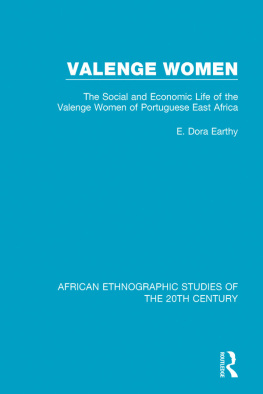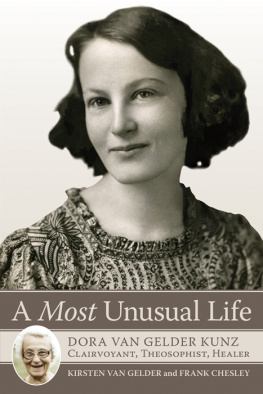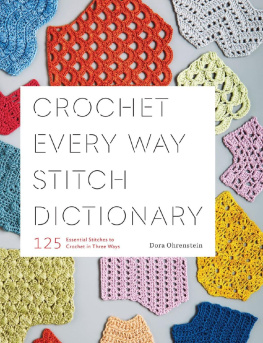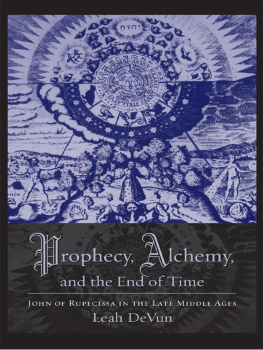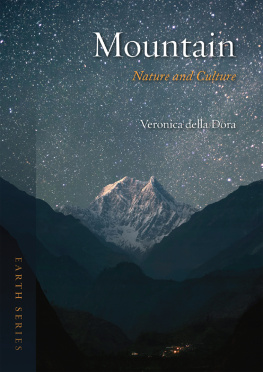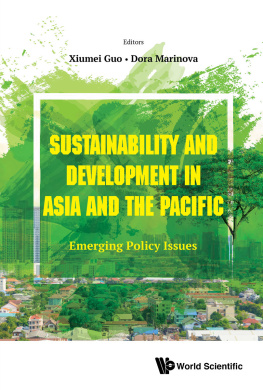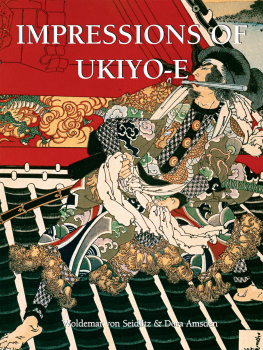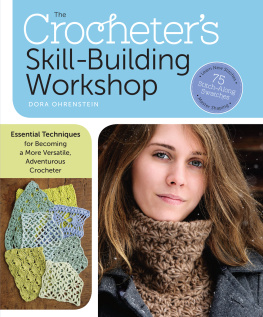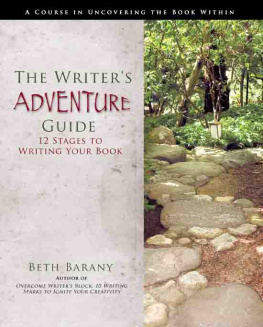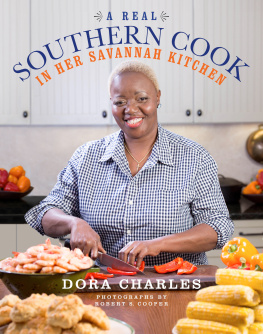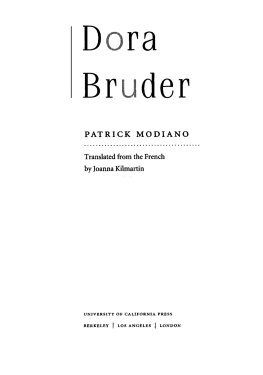AFRICAN ETHNOGRAPHIC STUDIES OF THE 20TH CENTURY
Volume 20
VALENGE WOMEN
VALENGE WOMEN
The Social and Economic Life of the Valenge Women of Portuguese East Africa
E. DORA EARTHY
First published in 1933 by Oxford University Press for the International African Institute.
This edition first published in 2018
by Routledge
2 Park Square, Milton Park, Abingdon, Oxon 0X14 4RN
and by Routledge
711 Third Avenue, New York, NY 10017
Routledge is an imprint of the Taylor & Francis Group, an informa business
1933 International African Institute
All rights reserved. No part of this book may be reprinted or reproduced or utilised in any form or by any electronic, mechanical, or other means, now known or hereafter invented, including photocopying and recording, or in any information storage or retrieval system, without permission in writing from the publishers.
Trademark notice: Product or corporate names may be trademarks or registered trademarks, and are used only for identification and explanation without intent to infringe.
British Library Cataloguing in Publication Data
A catalogue record for this book is available from the British Library
ISBN: 978-0-8153-8713-8 (Set)
ISBN: 978-0-429-48813-9 (Set) (ebk)
ISBN: 978-1-138-59497-5 (Volume 20) (hbk)
ISBN: 978-0-429-48834-4 (Volume 20) (ebk)
Publishers Note
The publisher has gone to great lengths to ensure the quality of this reprint but points out that some imperfections in the original copies may be apparent.
Disclaimer
The publisher has made every effort to trace copyright holders and would welcome correspondence from those they have been unable to trace.
VALENGE WOMEN
The Social and Economic Life of the valenge Women of Portuguese East Africa
AN ETHNOGRAPHIC STUDY
BY
E. DORA EARTHY
With an introduction by
Dr. A. C. HADDON
FRANK CASS & CO. LTD.
1968
CONTENTS
First published by Oxford University Press for the International African Institute
Published by
FRANK CASS AND COMPANY LIMITED
67 Great Russell Street, London WC1
by arrangement
First edition 1933
New impression 1968
Printed in Great Britain by
Thomas Nelson (Printers) Ltd., London and Edinburgh
I T is many years since I first made the acquaintance of Miss E. Dora Earthy, as it was in 1921 that, in answer to her letter asking for advice, I wrote to encourage her to maintain the interest she had shown in the social life of the Leqge women. I recognized that with her knowledge of the language, her sympathetic character, and the close contact which her professional duties implied, she was in a peculiarly favourable position to undertake such investigations, and I urged her to obtain all the information she could of the womans point of view in that interesting corner of Portuguese East Africa.
Studies of this kind can be accomplished only by women. And though there are many women with equal opportunities, there are very few who have sufficient enthusiasm, training, and catholicity to undertake them. Readers of the monograph will recognize the extraordinarily conscientious care with which the observations are recorded, and cannot but feel that they can fully rely on their accuracy. Miss Earthy also collected a large number of native texts, rituals, and formulae, which confirm her conclusions and have converted oral tradition into material available for students.
We should therefore feel very grateful for the great amount of time and trouble that Miss Earthy has taken in collecting this valuable ethnological material. Doubtless, as has happened to others, her motives were sometimes misunderstood by those who may have looked with suspicion upon these delvings into pagan practice and belief, but they have been fully justified. Overcoming all difficulties, some of which only those who have attempted similar work in a similar climate can appreciate, Miss Earthy stuck to her self-imposed task, and students at home will now reap the benefit of her self-denial. Her sole reward will be the thanks and appreciation of students and the satisfaction of knowing that her time and energy have been well spent.
A. C. HADDON.
CAMBRIDGE ,
July, 1933.
T HIS sketch of the social and economic life of the VaLege women of Portuguese East Africa is really an ethnographic study, although my privileged and beloved work as a missionary left me little time to spare for my research until the generous offer of a grant from the Research Committee of Bantu Studies of the University of the Witwatersrand enabled me to have six months leave to study more intensively the VaLege women, among whom I had lived for many years. My grateful thanks are due to the International Institute of African Languages and Cultures, and to the Research Committee for their financial help; to the Committee of the Society for the Propagation of the Gospel in Foreign Parts, and to the Bishop of Lebombo, who made it possible for me to work among the VaLege; and to Mrs. Hoernl, Lecturer in Social Anthropology of the University of the Witwatersrand, for help in the preparation of the manuscript.
The Chief of the Division of Botany, Department of Agriculture, Pretoria, and his staff, also the Curator and staff of the Bolus Herbarium, Kirstenbosch, Newlands, have rendered invaluable aid in the botanical determinations of the plants used in native medicines; Mrs. Rishbeth of Southampton has helped in the technical descriptions of string figures; Mrs. A. Hingston Quiggin, of Cambridge, with the baskets and the revision of the text. I likewise remember gratefully those who have given me kind encouragement, especially Dr. Haddon, F.R.S., Cambridge; Professor A. R. Radcliffe-Brown, formerly of Capetown University; and the Director of the Transvaal Museum, Pretoria.
Some readers of this study may say, Surely M. Junods great monograph covers all your field. To these I would reply, firstly, that M. Junod himself urged that a number of comparative monographs should be written; secondly, that his work is primarily concerned with that division of the Thogatribe known as the BaRoga, though he includes valuable descriptions of the northern clans; thirdly, that I have limited myself to a description of the life of the women, which, being a woman, I had special opportunities of studying; and lastly, that the VaLegege differ in many respects from the BaRoga; being themselves a mixed people, their culture results from the fusion of several tribes.
How closely the work of the anthropologist and the missionary viii are interlocked is described by Captain Rattray: The time when anthropology will cease to be regarded largely as a science whose chief function it is to record the cultures of primitive peoples ere their final disappearance before advancing civilization, or as the collection of data mainly of an academic interest, is, I hope, not far distant. The field-worker will experience, I know, a new thrill, when he begins to regard his task, not as the mere collection of curious facts from which some new anthropological tome may arise, or the gathering of objects as specimens for ethnological museums, but rather as a searching for an elixir which may yet be used to infuse new life into those peoples who appear to droop and flag, or to undergo a change not wholly for the better, as the result of contact with our civilization. As Mr. Edwin W. Smith puts it so finely, the anthropologists task should be to discover the idiom of the soul of the people among whom he is working.



